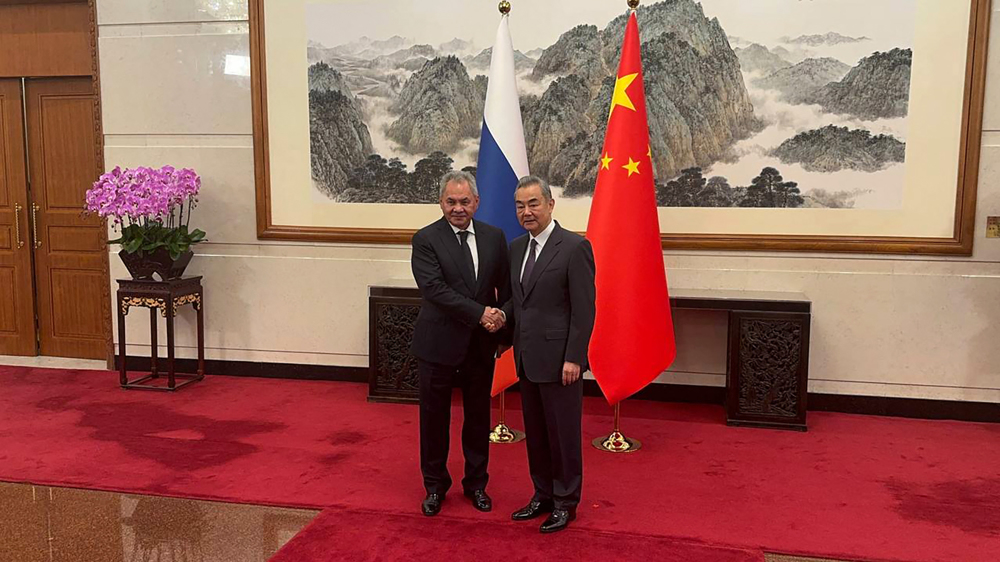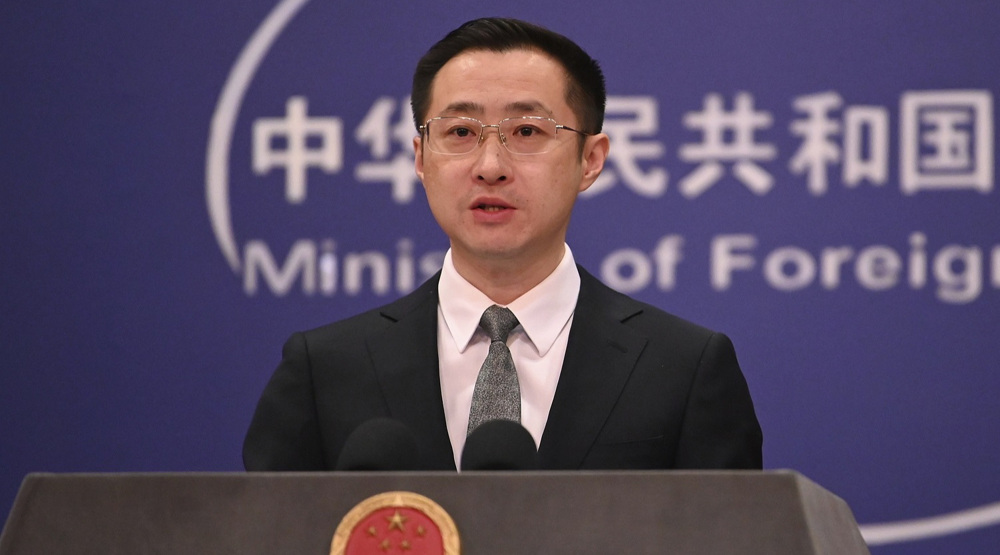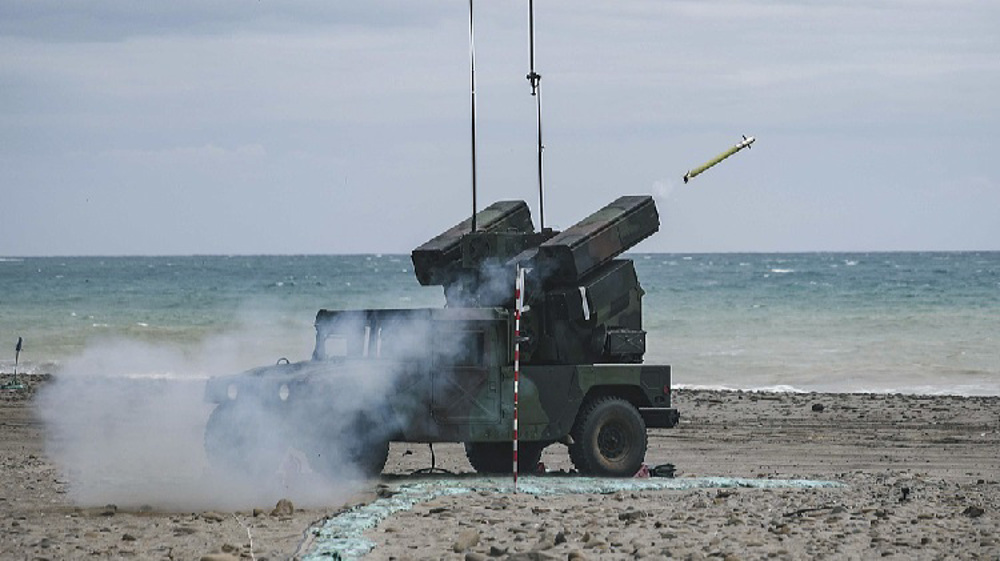Chinese president visits Hong Kong to mark 20th handover anniversary
Chinese President Xi Jinping has arrived in Hong Kong to mark the 20th anniversary of the former British colony’s handover to China amid unprecedented security measures adopted against potential protests in the city.
In his first visit to Hong Kong since becoming China’s president in 2013, Xi said Thursday that Beijing wished a “bright future” for the city and expressed hope for bilateral cooperation under experiences drawn over the past two decades.
“I feel very happy. Hong Kong has always had a place in my heart,” he said in a brief speech on his arrival at the city’s main airport.
“The central government will work with all sectors of Hong Kong society to look back at Hong Kong’s extraordinary journey in the past 20 years, sum up the experience, and look forward to the future,” Xi added.

Expressing support for Hong Kong’s achievements, the Chinese president also praised the “one country, two systems” policy, under which Britain returned the city to Chinese rule on July 1, 1997.
“For 20 years, the central government has always been a strong backing for Hong Kong. We will always support Hong Kong’s development and improvement of livelihood,” the Chinese president noted. “I look forward to feeling Hong Kong’s new atmosphere and new changes.”
During his three-day tour, Xi is also to attend the inauguration ceremony of a new chief executive for the city, Carrie Lam Cheng.

To mark the 20th handover anniversary, official celebrations as well as large protests are expected both by pro- and anti-Beijing activist groups.
Around 11,000 of Hong Kong’s 29,000 police officers will be involved in security arrangements during Xi’s visit, according to the South China Morning Post. Several major roads are closed and sections of the city center blocked off from the public.
Reports said more than 20 activists remained in custody after being arrested for causing “public nuisance” during a Wednesday night protest.

Under a deal signed in 1997, Hong Kong retains its broad autonomy, its freedoms, and the rule of law for 50 years. Anti-China activists and politicians claim, however, that Beijing’s alleged interference could erode those authorities and freedoms.
Hong Kong’s legislative, executive, and judiciary bodies are already separate from and independent of China, and Beijing only maintains authority in defense, foreign affairs, and constitutional disputes.
Israel’s aggression inflicts $8.5 billion in economic losses on Lebanon: World Bank
Hezbollah attacks Israeli military bases in Tel Aviv, Haifa
Hezbollah strikes multiple Israeli targets in fresh retaliatory operations
VIDEO | New Zealand: Maori MPs protest in parliament with Haka war dance
Pezeshkian: World has come to believe Iran seeks peace, security
Houthi: US bombs inflame, escalate wars of extermination in West Asia
VIDEO | Press TV's news headlines
UN report says Israel’s methods in Gaza align with ‘genocide’










 This makes it easy to access the Press TV website
This makes it easy to access the Press TV website